
On-Demand Total Tox Course - Non-Pharmaceuticals
Recorded On: 11/18/2022
- Registration Closed
Overview
The ACMT Total Tox Course is a comprehensive review of the scope of emergency toxicology and includes cutting-edge interventions and management options for poisoned patients. Prominent experts in medical toxicology and emergency medicine have lead the creation of this course. This on-demand course consists of three sections: Pharmaceuticals, Substance Use & Emergency Preparedness, and Non-Pharmaceuticals.
The lectures in this section will focus on Non-Pharmaceuticals. With approximately 6.75 hours of on-demand Continuing Educational content, there are eleven lectures and one case panel in this section.
Target Audience: Physicians, Pharmacists, Advanced Practice Nurses, Nurses, Physician Assistants, Medics, EMTs, SPIs, Laboratorians, Poison Center Educators, First Responders, Operational or Tactical Specialists, Residents and Students
Learning Objectives
- Describe the history and pharmacology of local anesthetics.
- Discuss the unique characteristics and common clinical use for each prototypical local anesthetic
- Assess the most commonly caused several complications of local anesthetics
- Identify general thermoregulatory principles
- Review the following hyperthermic syndromes & discuss treatment options: Serotonin Syndrome, Neuroleptic Malignant Syndrome, and Malignant Hyperthermia
- Discuss the common agents causing Methemoglobinemia
- Identify Methemoglobinemia mechanisms of toxicity
- Describe best practices in clinical management of Methemoglobinemia
- Review the signs and symptoms of lead toxicity
- Contrast the toxicity caused by different forms of mercury
- Discuss the role of chelation in heavy metal toxicity
- Identify the prevalence of ethanol AUD in patients presenting to the Emergency Department
- Discuss the genetic vs. environmental factors for ethanol AUD
- Assess the most critical laboratory tests for symptomatic patients who have suspected ethanol intoxication
- Describe toxicity & time course of methanol (MeOH) and ethylene glycol (EthGly) exposures
- Identify 2 stand-in tests for MeOH and EthGly, noting limitations
- Present a rationale for treatment with ethanol, fomepizole, and/or hemodialysis
- Recognize alcohol withdrawal symptoms
- Ensure appropriate treatment so that complications are prevented
- Describe the principles of detoxification
- Identify various toxic envenomations
- Describe the characterization of Black Widow envenomation and management options
- Describe management options for pit viper envenomations
- Highlight several different classes of plant derived toxins and their effects on humans
- Identify hazards of different mushrooms and clinical toxidromes associated with mushrooms
- Describe three risks associated with the use of dietary supplements
- Review toxicity of essential oils
- Discuss common household exposures and their implications
- Review toxicity of common household cleaners and toys
If you are interested in the other sections of this course, check out the links below!
Pharmaceuticals Section Substance Use & Emergency Prepardness Section
Total Tox - Non-Pharmaceuticals Syllabus
PRE-TEST
11 multiple-choice questions to ascertain your baseline knowledge on the topic.
Hospital Hazards #1: Anesthetic Toxicity & Malignant Hyperthermia | 24m
Dr. Shaun Carstairs, Professor of Emergency Medicine at the University of California, San Diego (UCSD), describes the history and pharmacology of local anesthetics, and discusses the unique characteristics and common clinical use for each prototypical local anesthetic. During his lecture he assesses the most commonly caused complications of local anesthetics and identifies their general thermoregulatory principles. He reviews the following hyperthermic syndromes and discuss treatment options for: Serotonin Syndrome, Neuroleptic Malignant Syndrome, and Malignant Hyperthermia.
Hospital Hazards #2: Methemoglobinemia | 27m
Emergency Medicine Physician at Advocate Christ Medical Center, Dr. Andrea Carlson, discusses the common agents causing Methemoglobinemia, identifies its mechanisms of toxicity, and describes best practices in clinical management of the condition.
Heavy Metals In the ED: Lead, Arsenic & Mercury | 28m
Dr. Evan Schwarz, Associate Professor of Emergency Medicine at Washington University School of Medicine, reviews the signs and symptoms of lead toxicity, contrasts the toxicity caused by different forms of mercury, and discusses the role of chelation in heavy metal toxicity.
Ethanol Intoxication: Too Much Of a Good Thing | 37m
Chief of the Medical Toxicology Division and Professor of Emergency Medicine at the University of Pittsburgh, Dr. Tony Pizon, identifies the prevalence of ethanol AUD in patients presenting to the Emergency Department. He discusses the genetic vs. environmental factors for ethanol AUD and gives an assessment of the most critical laboratory tests for symptomatic patients who have suspected ethanol intoxication.
When It's Not Ethanol: Demystifying Toxic Alcohols | 42m
Dr. Bram Dolcourt, Clinical Assistant Professor of Emergency Medicine at Wayne State University, describes the toxicity and time course of methanol (MeOH) and ethylene glycol (EthGly) exposures. He identify two stand-in tests for MeOH and EthGly, noting limitations, and presents a rationale for treatment with ethanol, fomepizole, and/or hemodialysis.
Ethanol Withdrawal: When the Good Times End | 26m
Dr. Jerrold Leikin, Adjunct Clinical Professor in the Division of Environmental and Occupational Health Sciences and the Occupational and Environmental Medicine Service of UI Health at the University of Illinois at Chicago and Professor of Medicine at Rosalind Franklin University of Medicine & Science, describes alcohol withdrawal symptoms, advises on appropriate treatment so that complications are prevented, and identifies the principles of detoxification.
Don't Touch That! Marine, Arthropod & Reptile Envenomations | 38m
Dr. Michael Levine, Associate Professor of Emergency Medicine at the University of California, Los Angeles, identifies various toxic envenomations, describes the characterization of Black Widow envenomation and management options, and describes management options for pit viper envenomations.
The Toxic Yard: Plants and Mushrooms | 30m
Dr. Fiona Garlic Horner, Head of Medical Toxicology at Los Angeles County + University of Southern California (LAC+USC) Medical Center, highlights several different classes of plant derived toxins and their effects on humans. During her lecture, she identifies the hazards of different mushrooms and theclinical toxidromes associated with mushrooms.
The Toxic Cabinet: Nutritional Supplements, Essential Oils, and Diet Drugs | 26m
Director of Advanced Practice Providers at St. Elizabeth's Medical Center, Acute Care Nurse Practitioner Stephen Wood, describes three risks associated with the use of dietary supplements and reviews toxicity of essential oils.
The Toxic Garage: Hydrocarbons and Pesticides | 34m
Associate Professor in the Department of Emergency Medicine & Medical Director at Wayne State University School of Medicine & Michigan Poison and Drug Information Center, Dr. Andrew King, discusses common toxins and exposures of chemicals commonly found in household garages, as well as reviews their toxicity and management.
The Toxic House: Cleaning Chemicals and Toys | 30m
Dr. Ashley Haynes, Medical Director at Direction Toxicology of Kansas, discusses common household exposures and their implications, and reviews toxicity of common household cleaners and toys.
Case Review and Roundtable Discussion on Novel Treatments for the Crashing Patient & the Hot Patient | 41m
This case study was designed to spark conversation between a group of experts and attendees on the topic of drugs of addiction. It was recorded during a live virtual Total Tox Course on November 18, 2022. Learners will learn from the discourse and interaction on clinical cases presented. The Speakers for this discussion: Andrea Carlson, MD; Shaun Carstairs, MD, FACMT; Howard McKinney, PharmD, DABAT, FAACT; and Andrew King, MD (moderator).
POST-TEST
Retake the same 11 multiple-choice questions asked during the pre-test and compare your scores to assess your learning.
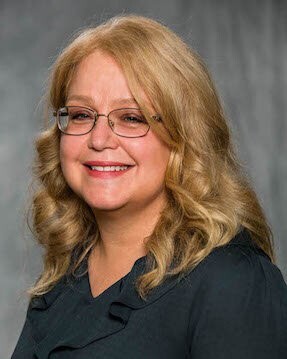
Andrea Carlson, MD
Emergency Medicine Physician
Advocate Christ Medical Center
Dr. Andrea Carlson is an attending physician in Emergency Medicine at Advocate Christ Medical Center in Oak Lawn, IL, where she has served the patients of Chicago's South Side for 25 years. She is also the Director of Medical Toxicology, and the Associate Program Director of the Advocate Christ Emergency Medicine Residency. Her primary academic interests lie in toxicology education and critical care toxicology.
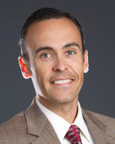
Shaun D. Carstairs, MD, FACMT
Medical Toxicologist
98point6, Inc.
Dr. Carstairs earned his undergraduate degree from the California Institute of Technology in Pasadena, CA and received his medical degree from the Uniformed Services University of the Health Sciences (USU), the nation's military medical school. He completed a residency in emergency medicine at the Naval Medical Center in San Diego and a fellowship in medical toxicology at the University of California, San Diego. He served more than 25 years on active duty in the U.S. Navy, which included a combat deployment to Iraq and shipboard deployment as the leader of a mobile trauma team for the Navy’s Pacific Fleet. He retired from the Navy as a Captain in 2019. He currently serves as a faculty member in the Department of Emergency Medicine & Division of Medical Toxicology at the University of California, San Diego (UCSD). In addition to his role at UCSD, he holds an appointment as Professor of Military & Emergency Medicine at USU.
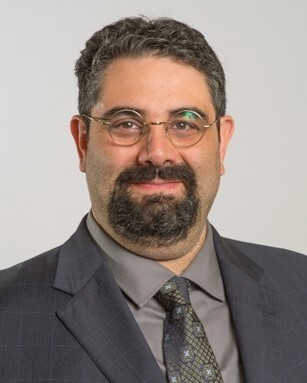
Bram Dolcourt, MD
Clinical Assistant Professor Department of Emergency Medicine
Wayne State University
Bram Dolcourt is Assistant Professor of Emergency Medicine at Wayne State University and serves as Associate Residency Director for Emergency Medicine at Sinai Grace Hospital in Detroit. Dr. Dolcourt is a Clinical Consultant to the Michigan Poison and Drug Information Center. Dr Dolcourt complete Medical School at New York Medical College and residency at Henry Ford Hospital. Dr. Dolcourt then went on to complete fellowship in Medical Toxicology at the Children’s Hospital of Michigan. Dr. Dolcourt’s interests include inpatient addiction medicine and heavy metal exposures.
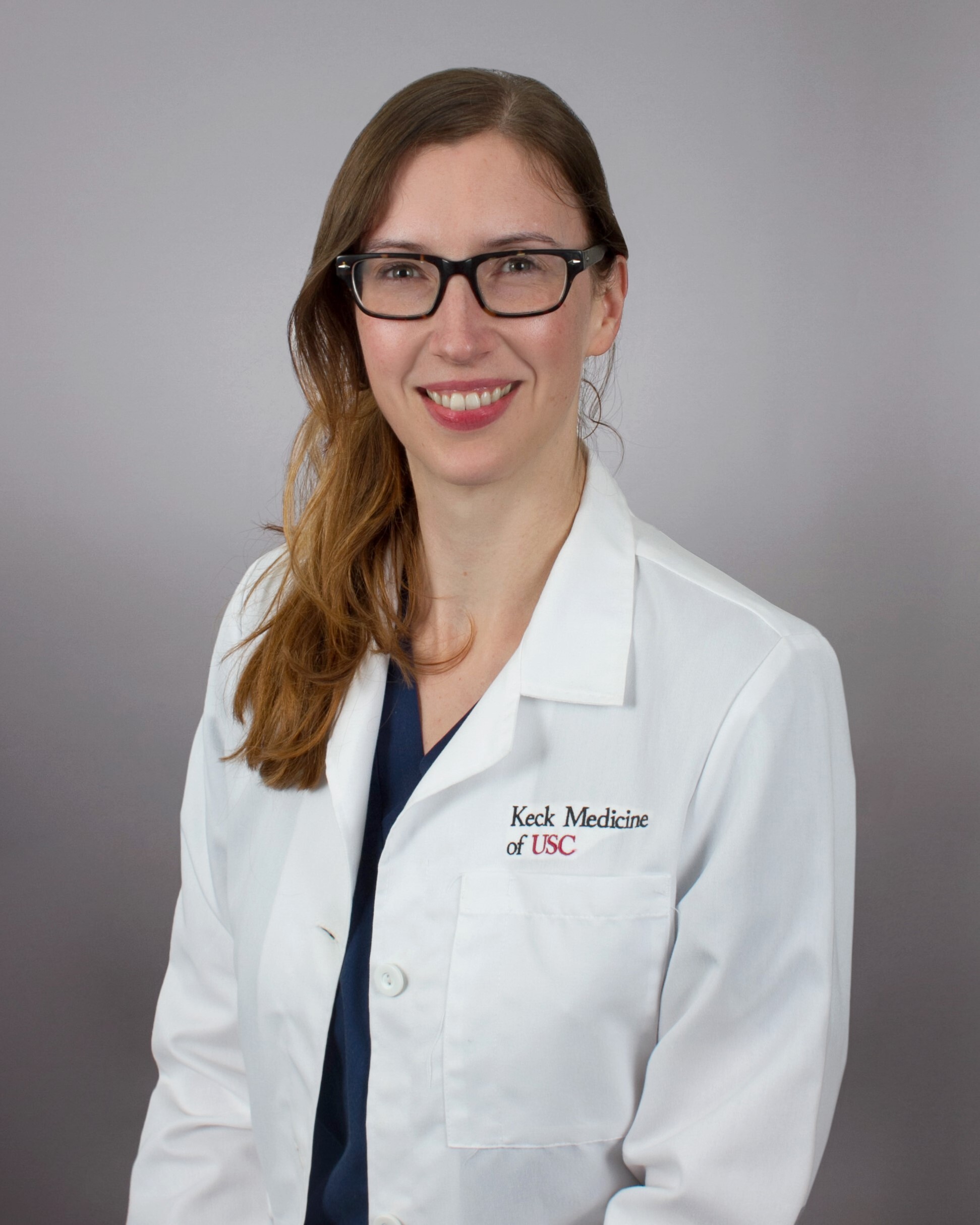
Fiona Garlich Horner, MD
Head of Toxicology & Assistant Professor of Clinical Emergency Medicine
LAC+USC Medical Center & University of Southern California Keck School of Medicine
Dr Fiona Garlich Horner is the Head of Medical Toxicology at Los Angeles County + University of Southern California (LAC+USC) Medical Center, and an Assistant Professor of Clinical Emergency Medicine at the University of Southern California Keck School of Medicine. She is a graduate of Oregon Health Sciences University School of Medicine in Portland, Oregon, and completed her residency in Emergency Medicine at Hennepin County Medical Center in Minneapolis, Minnesota. After completing a fellowship in Medical Toxicology at New York University and the New York City Poison Control Center, she served as an attending emergency physician and medical toxicologist with the Poison and Drug Information Service (PADIS) in Calgary, Alberta, Canada.
Dr. Garlich is now an attending emergency physician and medical toxicologist at LAC+USC Medical Center in Los Angeles, California, one of the largest and busiest public hospitals in the United States. She is the director of the inpatient toxicology consultation service and the resident toxicology rotation, as well as the chair of the hospital’s medication safety committee. Her primary academic interests lie in toxicology education and advancing the care of vulnerable and incarcerated populations.
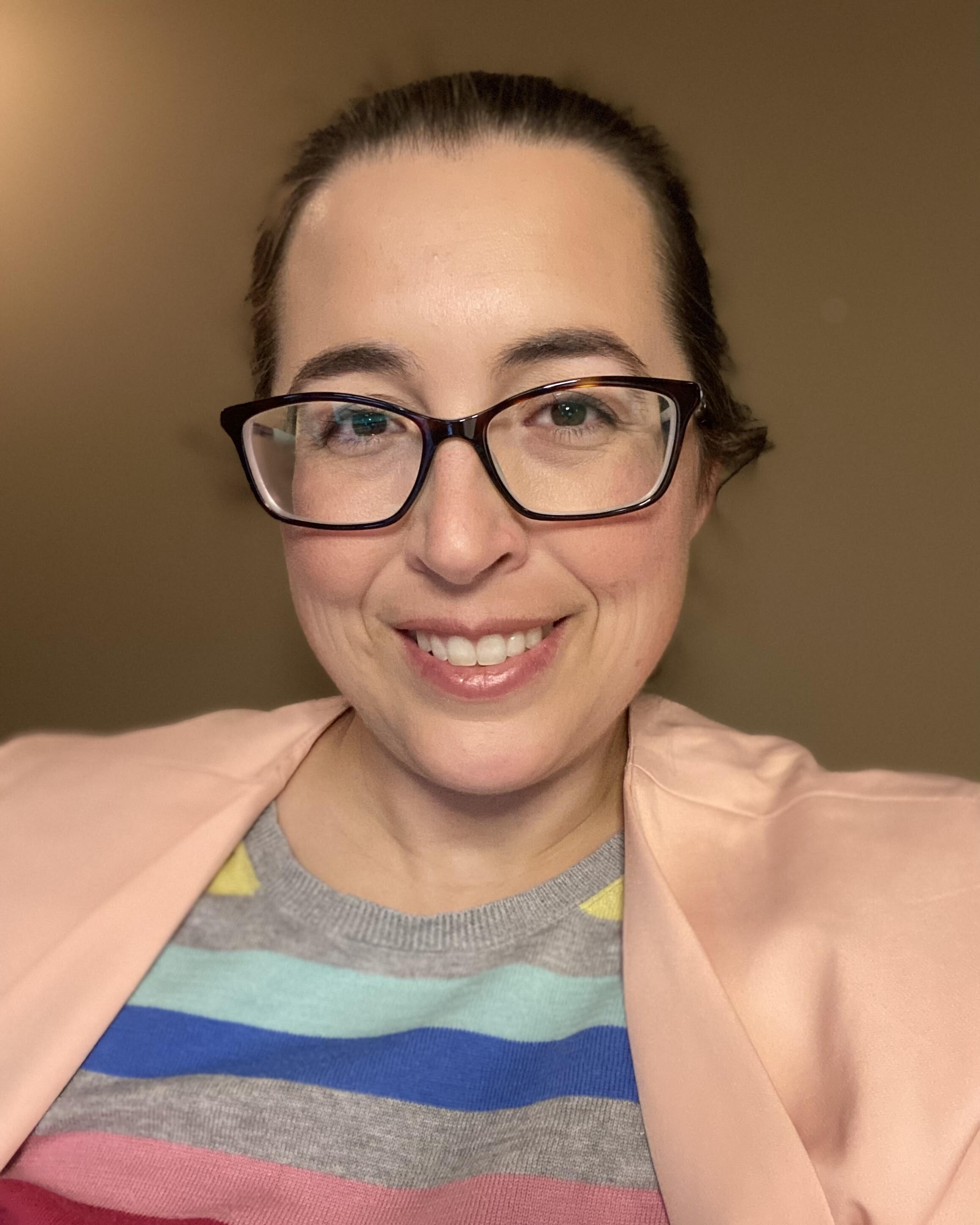
Ashley Haynes, MD, FACEP
Medical Toxicologist, Addiction Medicine Specialist
Veterans Health Administration
Dr. Haynes completed training in a combined emergency medicine-internal medicine program in 2014, and a toxicology fellowship at UTSW in 2016. She has been treating substance use disorders as part of her practice since that time and is board certified in addition medicine. She currently works for the VA at the Robert J Dole Veterans Medical Center in Wichita, KS, treating patients in a residential treatment center, as well as clinic, and performing bedside consults.
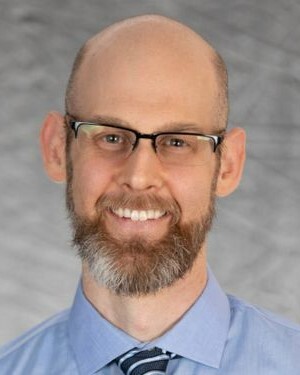
Andrew King, MD
Associate Professor in the Department of Emergency Medicine & Medical Director
Wayne State University School of Medicine & Michigan Poison and Drug Information Center
Dr. King is an Emergency medicine physician, Medical Toxicologist and Addiction Medicine specialist at the Detroit Medical Center and Wayne State University. He works as an emergency physician at Sinai Grace and Detroit Receiving Hospitals. He additionally works at the Tolan Park Research Center where he sees patients with substance use disorders. He is the interim director of the Michigan Poison and Drug Information Center and the Fellowship Director of the Medical Toxicology Fellowship. He is excited to be an organizer and presenter at the Total Tox Course!
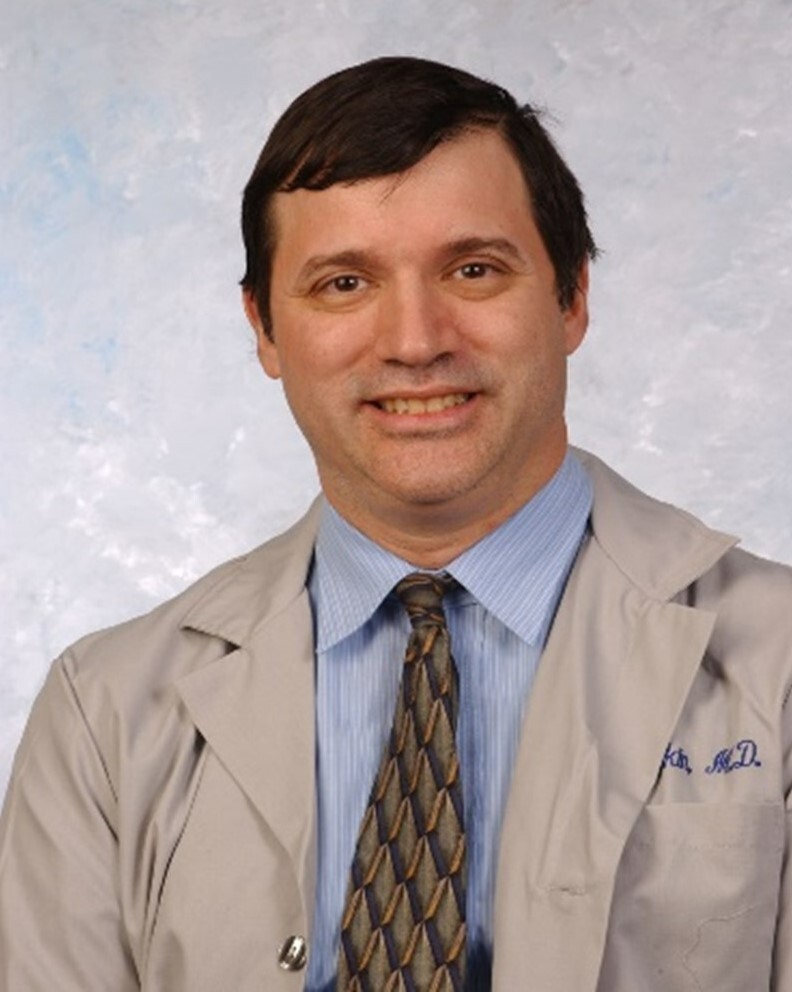
Jerrold Blair Leikin, MD, FACP, FACEP, FACMT, FAACT, FACOEM, FASAM
Adjunct Clinical Professor Division of Environmental and Occupational Health Sciences & Professor of Medicine
University of Illinois Chicago and Rosalind Franklin University of Medicine & Science
I am a currently Adjunct Clinical Professor on the Division of Environmental and Occupational Health Sciences and the Occupational and Environmental Medicine Service of UI Health at the University of Illinois at Chicago and Professor of Medicine at Rosalind Franklin University of Medicine & Science in North Chicago, Ill.
In 1980, I received my medical degree from the Chicago Medical School. I then completed a combined residency in Internal Medicine and Emergency Medicine at Northwestern University (1984) followed by a three-year preceptorship/fellowship training in Medical Toxicology at Cook County Hospital and University of Illinois Hospital in Chicago, Illinois. I am Board Certified in Internal Medicine, Emergency Medicine, Medical Toxicology and Addiction Medicine.
I served as the Associate Director of the Emergency Department at Rush Presbyterian-St. Luke’s Medical Center in Chicago from 1998-2001. During this time, I was also the Medical Director of the Rush Poison Control Center and served as Medical Director of the United States Drug Testing Laboratory (from 1991 -1996). I was also the Medical Director of PROSAR (located in St. Paul, MN); a national call center devoted to industrial exposures and product safety issues, up until December 2013.
I have presented over 200 research abstracts at national meetings (primarily to the North American Congress of Clinical Toxicology) and have published over 200 articles in peer-reviewed medical journals. I am the co-editor of the Poisoning and Toxicology Handbook (now in its fourth edition), published by CRC Press, and the American Medical Association Handbook of First Aid and Emergency Care, and published by Random House (New York). I am also the co-editor with Dr. Robin McFee for the Toxico-terrorism book (McGraw Hill) and the Handbook of Nuclear, Biological and Chemical Agent Exposure (CRC Press) both published in 2007. I was also the co-editor of the American Medical Association Complete Medical Encyclopedia, published by Random House in 2003. I am presently the Editor-in-Chief of the primary care journal, Disease-a-Month, published by Elsevier. I was on the Illinois State Board of Health from 2016 – 2019.
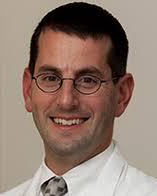
Michael Levine, MD, FACMT
Co-Division Chief of Medical Toxicology
University of California, Los Angeles
Michael Levine is a Los Angeles native, who completed his emergency medicine residency at the Harvard Affiliated Emergency Medicine program, based out of Brigham and Women’s Hospital and Massachusetts General Hospital. After residency, he completed his medical toxicology fellowship at Banner Good Samaritan Medical Center in Phoenix, AZ. After staying as faculty for a year in Phoenix, he moved back to Los Angeles, where he joined the faculty at USC. He is currently the division chief of medical toxicology. He is actively involved in patient care, research, and serves on numerous hospital and university committees. He is an active member of American College of Emergency Physicians, the American College of Medical Toxicology, and is a member of the Toxicology Investigator's Consortium.
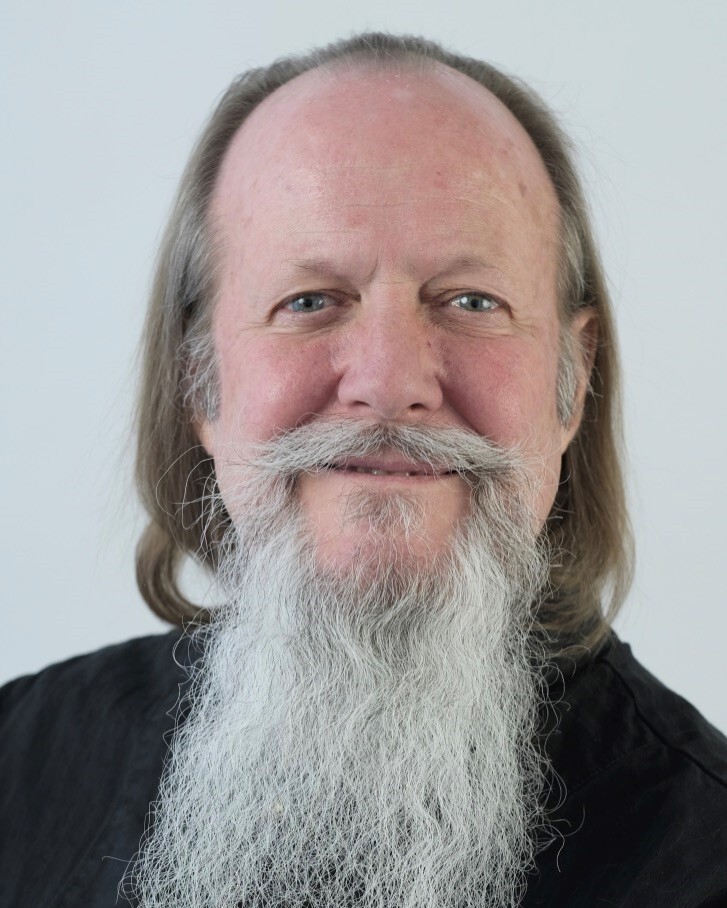
Howard McKinney, PharmD, DABAT, FAACT
Secretary-Treasurer
American Board of Applied Toxicology & North American Society of Toxinology
Dr McKinney graduated in 1971 from the University of California San Diego, Revelle College with a Bachelor of Arts degree (BA), Biology major, Spanish Literature minor.
In 1978 he graduated from UCSF School of Pharmacy with a Doctor of Pharmacy degree (PharmD), and was recruited to be a founding staff member of the San Francisco Poison Center, where he worked until 1992.
In 1992 he passed the Boards to become a Diplomate of the American Board of Applied Toxicology DABAT), and was hired as a Clinical Pharmacist in Critical Care at Univ Calif Davis Medical Center in Sacramento California (UCDMC).
In 2018 he was approved as a Fellow of the American Academy of Clinical Toxicology (FAACT), and retired from UCDMC. He continues his work as Secretary-Treasurer of ABAT and NAST (North American Society of Toxincology), as well as his love of herpetology, hiking, photography, videography and music.
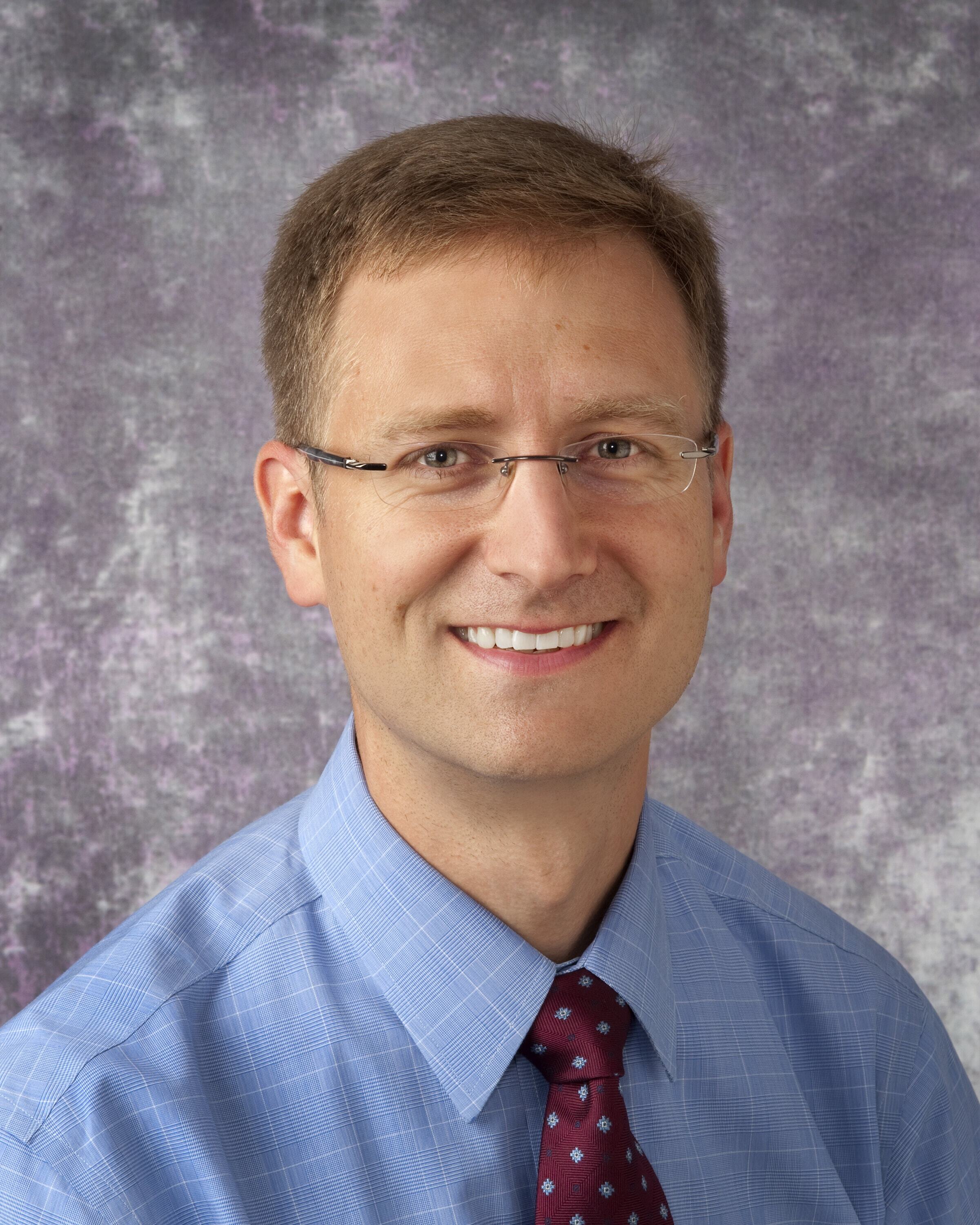
Anthony Pizon, MD, FACMT
Chief of Medical Toxicology Division, Professor of Emergency Medicine
University of Pittsburgh
Dr. Anthony (Tony) Pizon received his medical degree from the University of Toledo School of Medicine in 2001. He then completed his Emergency Medicine Residency at the University of Pittsburgh Medical Center in 2004 and his Medical Toxicology Fellowship at Banner Good Samaritan Medical Center in Phoenix, Arizona in 2006. Dr. Pizon is currently a Professor in the Department of Emergency Medicine, Division of Medical Toxicology at the University of Pittsburgh, School of Medicine. He serves as Chief of the Division of Medical Toxicology and Director of the Medical Toxicology Fellowship at UPMC. He is also Assistant Medical Director of both the Pittsburgh and West Virginia Poison Centers. Yet, most importantly, he is blessed with amazing wife, Caryn, and four wonderful children (Benjamin, Elizabeth, Gabriela, and Seraphina).
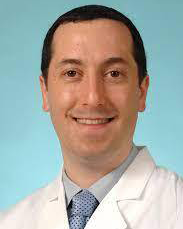
Evan Schwarz, MD, FACMT
Associate Professor of Emergency Medicine
University of California, Los Angeles
Dr. Schwarz attended medical school at the University of Texas Medical Branch in Galveston, Texas, before completing a residency in Emergency Medicine at the Washington University School of Medicine in Saint Louis, Missouri. After residency, he completed a fellowship in Medical Toxicology at the University of Texas Southwestern School of Medicine in Dallas, Texas, before returning to Missouri where he was an Advisory Dean and the Medical Toxicology Division Chief and Fellowship Director at Washington University. In 2023, he took a position in the Department of Emergency Medicine at the University of California Los Angeles. He is also a member of the Board of Directors for ACMT.
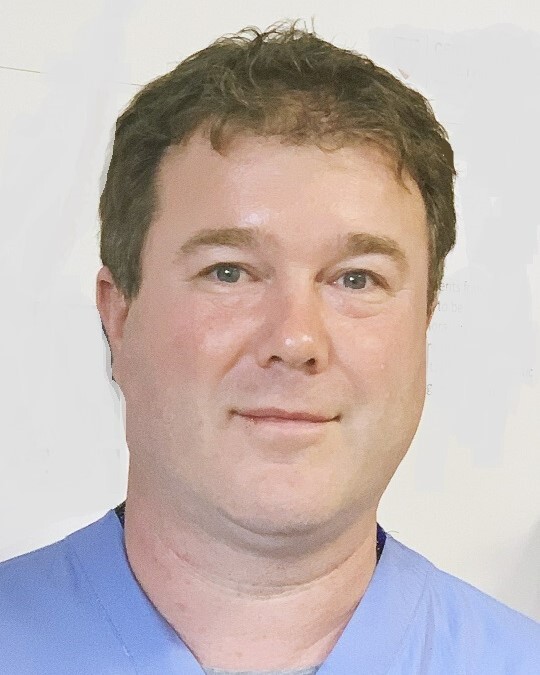
Stephen Wood, MS, ACNP-BC, FEWM
Acute Care Nurse Practitioner & Director of Advanced Practice Providers
St. Elizabeth’s Medical Center
Stephen P. Wood is an acute care nurse practitioner and director of advanced practice providers in the division of pulmonary and critical care medicine at St. Elizabeth’s Medical Center. Prior to this he spent 11 years practicing as a nurse practitioner in emergency medicine. His roots are in EMS and he has over 30 years of field experience, including 10 as a flight paramedic. He is an instructor in the School of Nursing at Northeastern University in the graduate nursing program and is a graduate scholar of the Harvard Macy Institute program for Healthcare Educators. He is a former fellow in Bioethics at the Center for Bioethics at Harvard Medical School and a current visiting researcher at the Petrie-Flom Center at the Harvard Law School Petrie-Flom Center for Health Policy. He holds a Master of Science in Nursing as well as a Master of Science in Toxicology. He is the Director of Field Operations for World Extreme Medicine USA and host of the WEM podcast.
Registration Rates
ACMT Member | $200 |
Non-member | $250 |
Registration includes:
- 90-day access to the course from date of purchase
- Access to all lectures and slides in the Non-Pharmaceuticals section of the Total Tox Course
- Pre/Post Test
- Downloadable Certificate of Completion
If you would like continuing education credits for your participation, they are available for an additional fee.
Interested in becoming an ACMT Member? Learn more at: www.acmt.net/membership
Available Discounts
If you are a member of one of the following organizations, you may be eligible for a registration discount. Please reach out to us at events@acmt.net for a discount code:
- American Academy of Emergency Medicine (AAEM)
- America's Poison Center (APC)
- Association of Healthcare Emergency Preparedness Professionals (AHEPP)
- American College of Emergency Physicians (ACEP)
Refunds and Cancellations
For questions regarding our refund and cancellation policy, please email us at events@acmt.net.
Package Options - Discounted Rates!
ACMT offers a discounted rate for purchase of all three sections of the Total Tox Course as well as CE purchases for all three sections. Please use the links below if you are interested in these potential savings!
Total Tox Course Package: Save $100 CE Package: Save $25
Last day to Register: 2/1/2024
Instructions
Once you have completed your registration:
- Click on the Contents tab. This is where you will be able to see all lectures and required content for this course.
- Complete Pre-Test. This test is purely to assess your baseline knowledge of the topic. You will take the same test again at the end of the course and compare your scores to assess your learning.
- Watch all lectures and case discussion. Learners will be required to watch at least 3/4 of the video before it will be marked as complete.
- Complete Post-Test. Learners will have unlimited attempts and the test requires seven points to pass. Compare your post-test to your pre-test to assess your learning.
- Complete Event Survey. If Learners have purchased CE, they will be required to complete this survey in order to receive their CE.
- Download Certificate of Completion. This certificate is not a record for Continuing Education, this is a record of your completion of this section only. You will be able to download the certificate until your course registrations expires.
If you have purchased CE: Learners will need to navigate to their separately purchased CE to complete the final steps to obtain their CE certificate.
Need Assistance or Have Questions?
For assistance logging in, accessing content, purchasing or completing Continuing Education credits, or for other questions, please contact us at events@acmt.net or visit our FAQ page.
If you are in need of accessible learning accommodations, please contact events@acmt.net for additional assistance.
Continuing Education
Continuing Education credits are available for an additional flat rate fee of $50 for this section. Available CE credits include: Continuing Medical Education (CME), Continuing Pharmacy Education (CPE), and Continuing Nursing Education (CNE).
The Non-Pharmaceuticals Section contains a maximum of 6.75 CE credits.
Purchase CE for Non-Pharmaceuticals Section
ACMT also offers a discounted package rate for purchase of CE for all three sections. Please use the link below if you are interested in these potential savings!
Refunds and Cancellations
For questions regarding our refund and cancellation policy, please email us at events@acmt.net.



